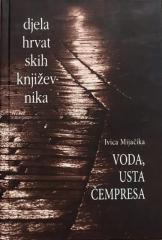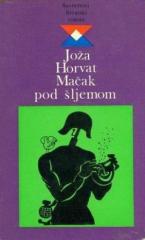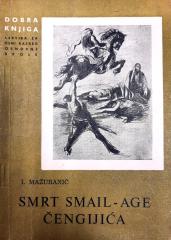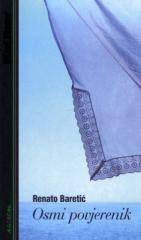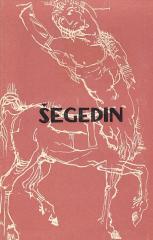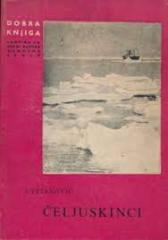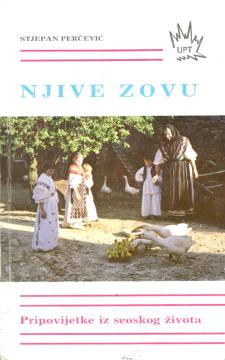
Njive zovu: Pripovijetke iz seoskog života
Zbirka „Polja zovu“ Stjepana Perčevića donosi priče o životu na hrvatskom selu. Kroz niz kratkih priča autor prikazuje seosku zajednicu, njene radosti, tuge i međuljudske odnose, ističući vezu između čoveka i prirode i zemlje.
Glavne teme zbirke uključuju težak poljoprivredni rad, porodične veze, moralne dileme i sukobe između tradicije i modernosti. Likovi su obični ljudi – seljaci, majke, deca – čije priče otkrivaju univerzalne istine o životu. U pričama poput naslovne „Polja zovu“, Perčević ističe simboliku zemlje kao izvora života, ali i tereta koji čoveka vezuje za nju. Poljski rad je prikazan ne samo kao fizički napor, već i kao metafora za istrajnost i borbu za opstanak.
Autorov stil karakteriše jednostavnost, ali i poetski opisi prirode, koji ističu njenu lepotu i surovost. Dijalozi su prirodni, odražavaju govor seoskih ljudi, dok narativni ton često nosi melanholiju i saosećanje prema likovima. Zbirka takođe istražuje društvene promene, poput odlaska mladih u gradove, ostavljajući starije generacije suočene sa usamljenošću.
„Polja zovu“ prikazuje život seljaka kao složenu mrežu radosti i bola, slaveći njihovu otpornost, ali i upozoravajući na nestanak tradicionalnog načina života.
Nema primeraka u ponudi
Poslednji primerak je nedavno prodat.
